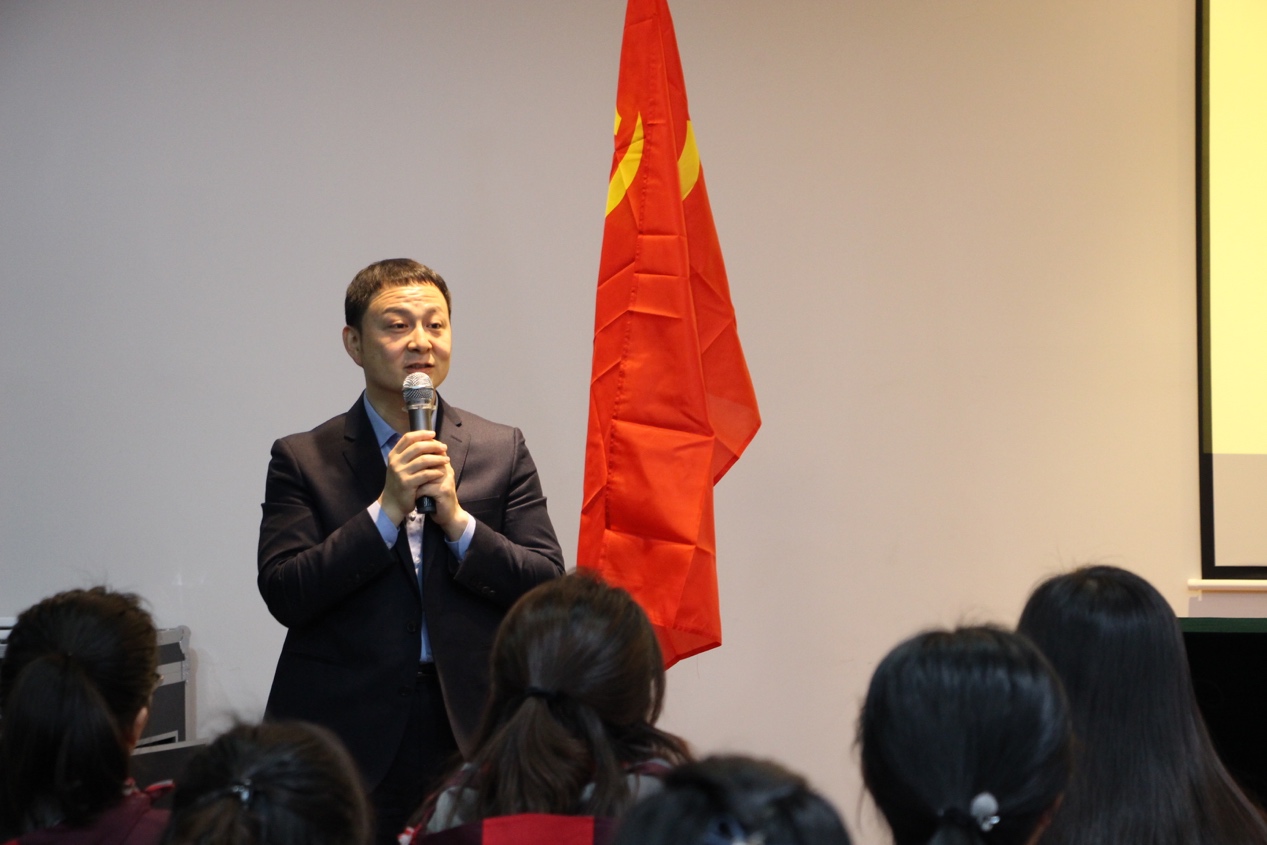BEIJING, CHINA / ACCESSWIRE / August 13, 2019 / Chinese internet Giant Alibaba's $150 million D-round financing made "small box technology" a dark horse in the online education industry.
In the past two years, K-12 online companies have gained a lot of initial traffic, as the capital continuing to increase, these companies are beginning to seek a new profit model.
Alibaba is relatively late for investing in the field of education, but each of all investments is called a big deal, above 100 million yuan. In 2018, it spends more than 500 million US dollars to participate in the D plus round of financing for children's English VIPKID.
At the same time, online K-12 education enterprises are pressing into the offline education market under the blessing of Internet giants such as Alibaba and Tencent. Chinese internet giants and big capital are beginning to look at China's small and medium cities, which is a market of opportunities to be developed.
Will Chinese K-12 education market encounter a big change?
The founder of E-base Education Group, Tao Zhang, believes that traditional offline education institutions should devote their energy to building offline core values and doing what they are good at.
In 2002, Zhang Tao founded the E-base Education Group, the first education and training school in Handan City to cultivate students' English language ability through English reading, and became an advocate of English reading promotion, and the total number of trained students reached 70,000. In the process of establishing a school, in order to keep more children from taking a detour in English language learning, he created a curriculum system for English reading concepts.
After nearly 20 years of development, E-base Education Group has already occupied 40% of the local market share. It won the 2018 Most Innovative Enterprise Award issued by the China Federation of Industry and Commerce in 2018, becoming one of the 10 most innovative companies in 2018.
This award is awarded to those enterprises have outstanding achievements in technological innovation, model innovation, management innovation, and has developed at a scale of no less than 20%. There are only ten award-winning companies in the country.
This achievement is also due to the growing demand for extracurricular training in the entire Chinese society in the past decade. According to a user survey conducted by HSBC for the K-12 extracurricular education industry, the core conclusions are as follows: 77% of households have spent more than 3,000 yuan on extracurricular training expenses, 95% of which said that the expenses for extracurricular training will increase year by year, making the K12 training industry a favorite for capital.
However, the total market share of the top 5 enterprises in the preschool and K-12 education industries in China is less than 5%, and only 3% of private educational institutions earn more than 10 million a year. Overall, the market concentration of China's K-12 education industry is still low, and the industry pattern is decentralized.

"This is a huge but extremely fragmented industry." said Tao Zhang, "In recent years, a great variety of online English education entrepreneurs has emerged, has little impact on offline. Online language learning can used as a supplement to offline courses, but it can't replace offline courses."
Tao Zhang introduced that E-base had developed an international whole-system reading class, which is a unique course unique of E-base. It is a learning path that is consistent with the learning law of children whose native language is English. Through natural phonics, massive English readings and a large number of audio listening training allows the child to master the authentic expression of the English language and truly can use it skillfully, not only for examination. At present, most other institutions still use the relatively traditional New Concepts English, and other single textbooks like Cambridge and Oxford, or teach English in the form of memorizing words, learning grammar, and practicing questions. These have their flaws, such as insufficient knowledge and limited comprehensive language ability.
The reason why E-base Education still occupy 40% of the target market in the current market environment is closely related to the core competitiveness of its customer research, team construction and curriculum research. "Only the barriers are high enough that others can't hit you" is the key to Tao Zhang's success.
Tao Zhang pointed out that compared with online education institutions, the most important advantage of offline education institutions is that they are closer to the market, closer to customers, closer to demand, and offline organizations must give their advantage to the extreme, work hard on fine management ,customer marketing and transformation.
At the same time, he also proposed three key factors for the competition between offline institutions and online institutions:
The first is how to manage an old-brand with a zero-brand mentality and drive performance growth with marketing management. The second is to transform the organizational relationship, how to closely combine the headquarters-school market through a set of refined management models. The third is how to keep up with the changes in the industry and redefine the offline market.
CONTACT:
Media Relations
media@pressreleaseemail.com
SOURCE: E-base Education Group
View source version on accesswire.com:
https://www.accesswire.com/555813/How-does-a-traditional-K-12-educational-enterprise-defend-against-Chinese-internet-giants
